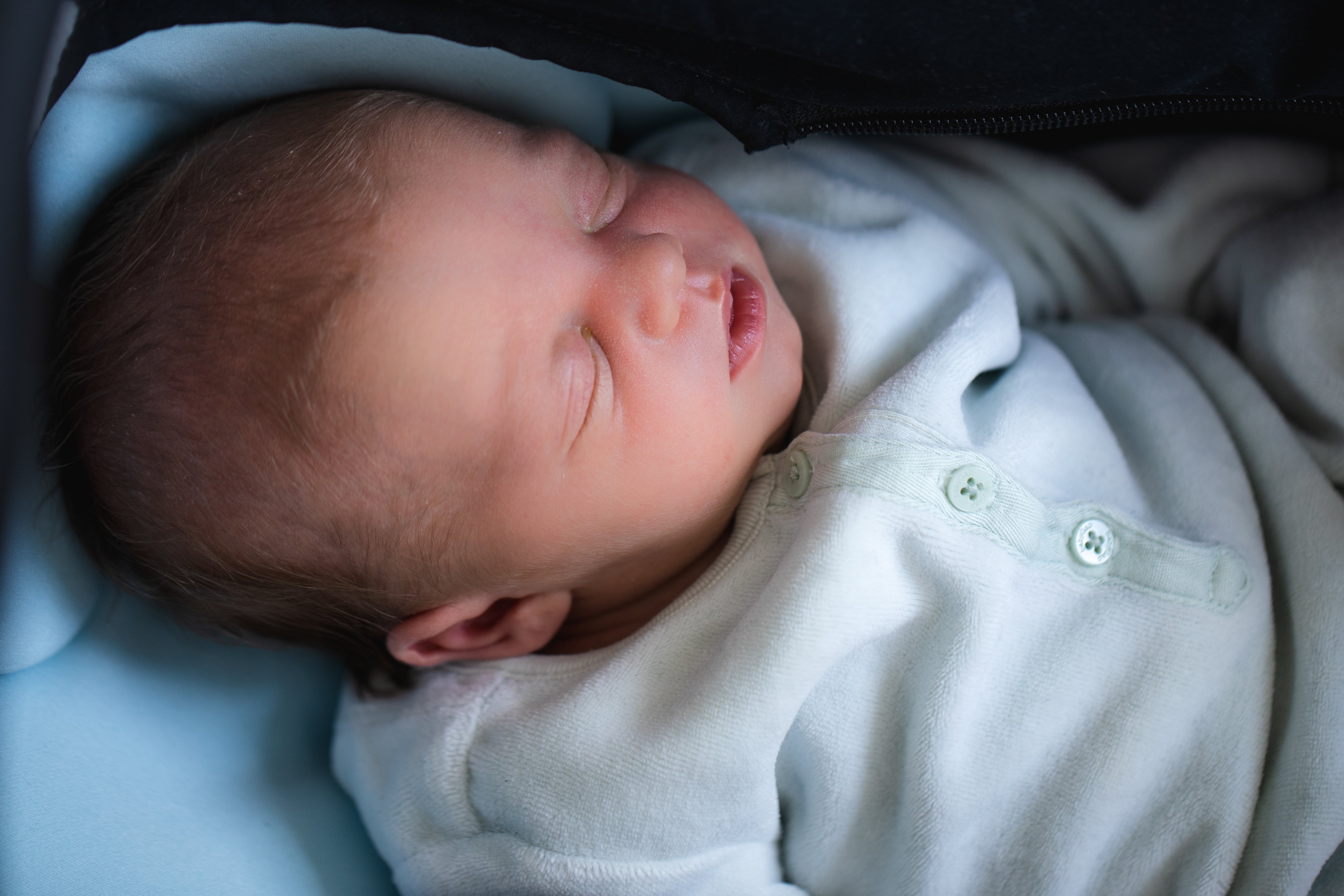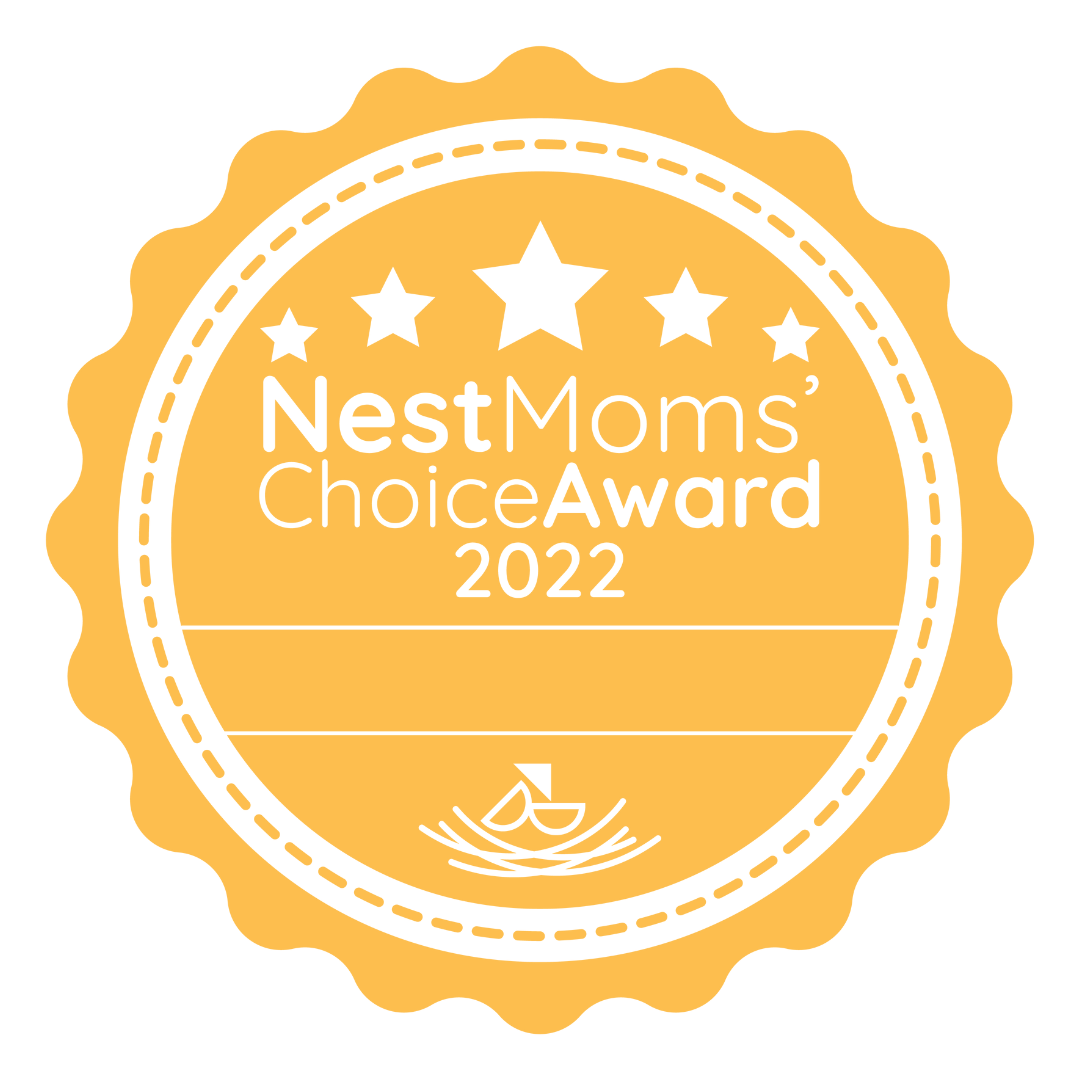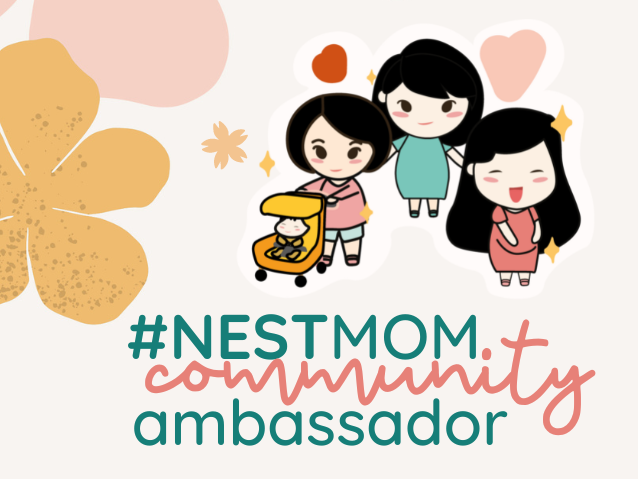In a World Of Modern Day Fathers
For centuries fathers were deemed as the primary breadwinner or the decision maker of the household while the mother is the caregiver, the nurturing hand that caters to the emotional needs of the family.
As the years progress, the roles in the family have slowly evolved. When we talk about fatherhood today, it is about being present and devoting more time, effort and attention to connect not just with your baby but with your wife.
Being present and involved is critical for their child’s social and emotional well-being. Spending time with their children transcends beyond playing video games or watching a basketball game together.

The presence of a father or a paternal figure is crucial. Research gathered by the Fatherhood Initiative reported, that those children with little or no paternal involvement tend to be aggressive, develop behavioral problems, abuse drugs and alcohol, engage in early sexual activity or have problems in school.
Society nowadays recognizes that part of being a father means embracing the changes in the roles that we were accustomed to. These changes are brought about by several factors- more women are now employed in the work force and there are more opportunities to become work from home dads- just to name a few.
Every father is different. For some, caring for an infant feels natural but for most they needed to learn how to be a dad.
Imagine, the moment the pregnancy test turns out positive, women immediately begin their journey to motherhood and there is already that biological bond. But for fathers, as helpful as they are to soothe aches and pains and satisfy the mother’s cravings the reality of fatherhood strikes the moment the child is born. This means, day 1 for dad is already day 281 for mothers.
It might seem that the dads need a little catching up to do but rest assured they have got the transition from being dude to dad covered.
Read on to see some notable changes in fatherhood today.
They are more involved.

Fathers today know that it is common that couples will tread the path of pregnancy together. Present day fathers are more supportive to their partners as compared to previous generations. They are more involved during the entire course of the pregnancy, from attending Lamaze classes, learning about breastfeeding and taking newborn classes. Some dad even want to be present to witness the birth of their child even inside the birthing room.
They value time and communication.

In the past years the male macho persona dominated the relationship. Talking and showing emotions were perceived as a form of weakness. Nowadays more fathers understand and value the need for communication. Dads are more open to engaging more conversations and creating quality time with their child. The American Association of Prediatrics reports that more fathers are carving out time to be with their families, especially in the first weeks post birth.
They discredit gender bias.

Dads understand the emotional stress that childbirth has put upon their wives or partners. Instinctively many of them pick up the slack when moms are exhausted, others take it upon themselves and establish a routine help out in daily tasks. It may start off with the simple things like being the burping master after feeding, taking over diaper duty, baby wearing to being the parent in charge after they come home from work.
They value their partners.

In this ever-changing society where more opportunities are given to women, it entails some sacrifices in their usual motherly roles. This is where a good relationship between spouses comes in. Fathers with solid, healthy relationship with the mothers are more likely to be involved with the children. Studies showed households with positive dynamics and support system contributed positively to the well being of the children.
Each year new studies emerge on the importance father-child relationship particularly on the child’s emotional and social development. The role of fathers and father-figures in families constantly evolve. We continue to adjust and adapt to socio-economic changes. Slowly our society has accepted the fact that gone are the days of 'strong silent, distant' fathering and what this generation needs are fathers who are present, who communicate and are examples of how our children can contribute to a better society.











